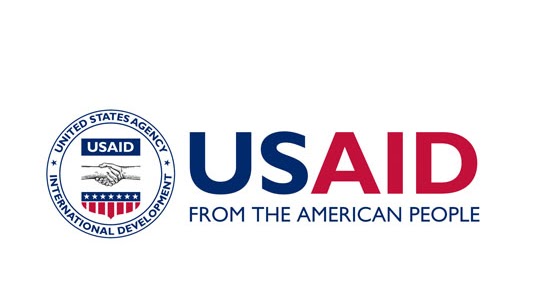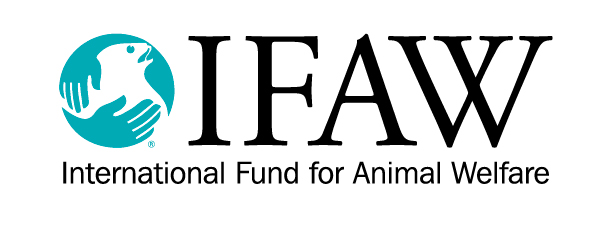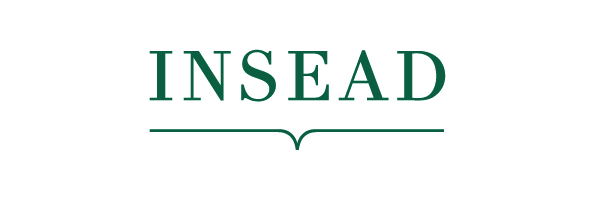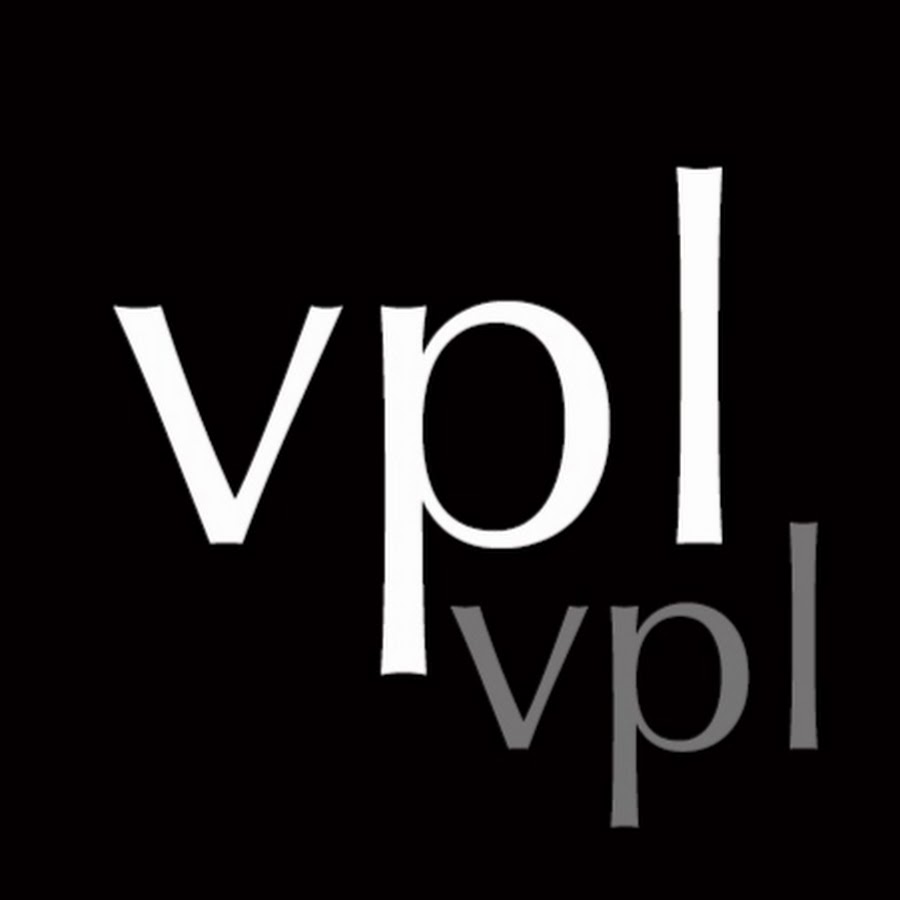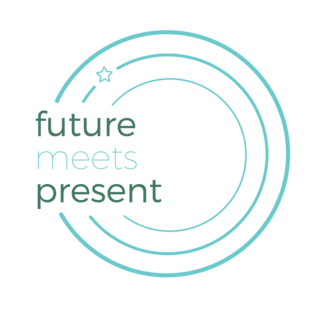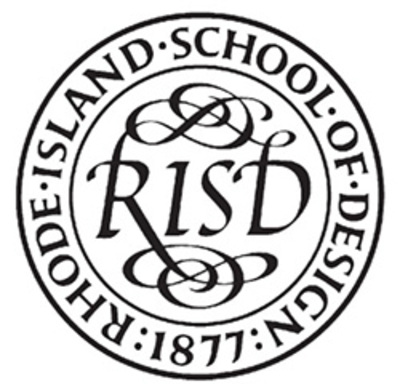WHO WE ARE
FOUNDER, CO-DIRECTOR
Andrew Freiband is a filmmaker, producer, researcher, writer, educator, and multimedia artist who founded ALI based on several years of original research and development into the unique capacities - and imposed restrictions - of artists in contemporary society.
He has 20 years of professional experience in the film, television, museum, and fine arts fields, having worked in productions everywhere from the top of the unfinished skyscrapers of Lower Manhattan to post-earthquake Haiti to the slums of Nairobi and beyond. He has worked with the US Agency for International Development to form media narratives around transformative humanitarian development, and with high levels of the Federal Government to make the case for new innovations in international development and new engagement models for artists and filmmakers in humanitarian work.
He has served on the faculty of the School of Visual Arts' Dept of Film and Television, and for 14 years on the faculty of the Department of Film, Animation, and Video at the Rhode Island School of Design; and has taught film, video, and art students in Haiti (CineInstitute), Malawi (Chancellor’s College), and Bangladesh (Dhaka University), among other places.
Andrew was co-producer and director of photography on the feature documentary I Learn America, about the life of 5 high-school age immigrants in the New York City school system.
He is the Executive Producer of Denali Tiller’s Tre Maison Dasan, winner of numerous Best Feature Documentary awards at festivals in the US and Europe, as well as a featured presentation for the 2019 season of PBS’ Independent Lens. As Impact and Engagement Producer, he coordinated a national campaign to put the film to work in meaningful contexts, connecting incarcerated parents with their families and communities, catalyzing awareness about the enormous rippling social impacts of mass incarceration in America, and leveraging the deep, systemic knowledge embedded in the film and filmmaking team to inform new policy, programs, and approaches to reshaping culture around criminal justice.
At the Artists Literacies Institute, he teaches artists to be researchers and artists simultaneously, believes there is untapped knowledge in trained intuitions, and is sure the world will be a more just and equitable place if artists and culture producers were held in the same regard as scientists and technologists.







